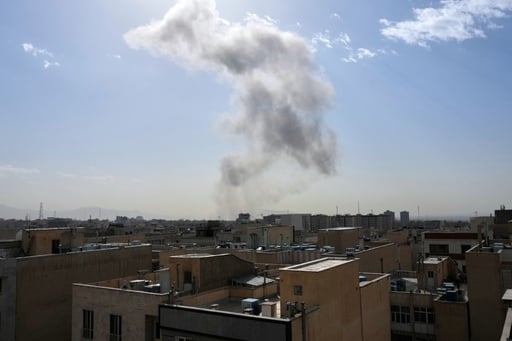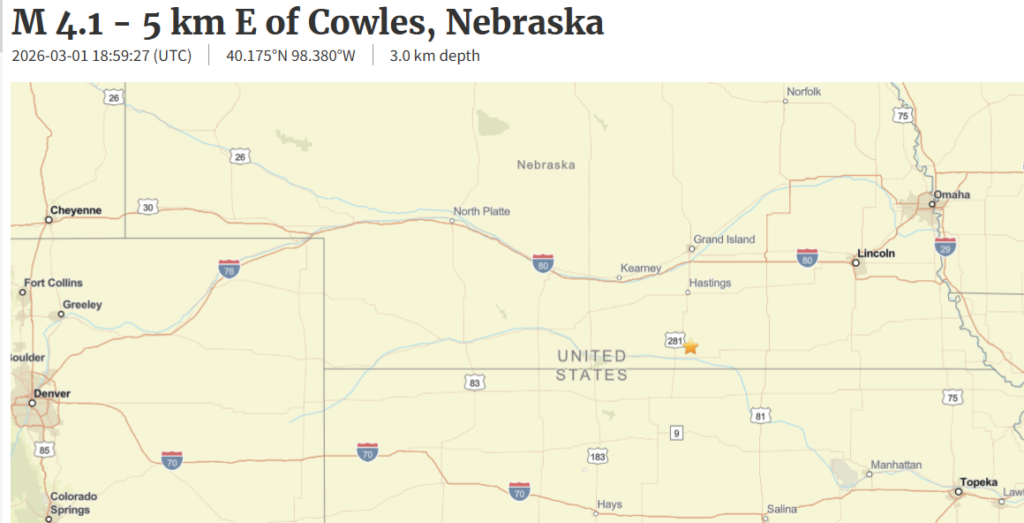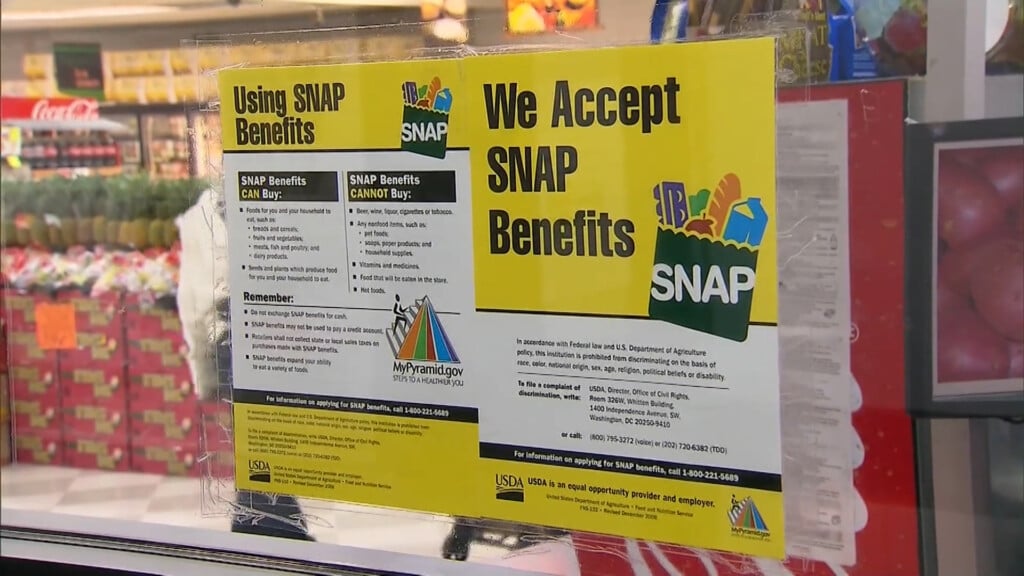Nebraska family shares personal struggles to spread awareness of colorectal cancer
GRETNA, Neb. (KLKN) – Doctors estimate 960 Nebraskans will be affected by colorectal cancer this year alone, it’s a staggering number that just keeps rising.
This month marks colorectal cancer awareness, and we’re highlighting a Gretna family’s story of survival.
It was love at first sight for Erik and Nickie Oliva, and that love quickly grew into a family of four. But life has tested the Oliva’s over the last few years after some life-changing news.
Erik started getting odd symptoms in 2017, he noticed more frequent bathroom breaks and blood in his stool.
“I was losing enough blood every day that I was borderline anemic. I was just fatigued, tired,” Erik said.
Erik was later diagnosed in February of 2018 with stage 3 colon cancer at the age of 32.
“And I remember, I lost it, I just broke down there in the exam room. It’s like no, no way, I’m too young, colon cancer? No,” Erik said.
Doctors found a tumor the size of a donut hole inside of his large intestine, something doctors say takes 5 to 10 years to get to that size. And to make matters worse, his cancer spread to his lymph nodes, and Erik had to undergo chemo.
“I fell apart, just finding out now I have to do chemo and now this whole thing goes on for another six months and the reality of that was really hitting me. Does that mean I could die? Does that mean this could possibly spread? At that point you just want to know, what are my odds,” Erik said.
And then the unthinkable happened.
Nickie started noticing some odd changes in her stool but thought it was just symptoms of stress from Erik’s treatments. She was later diagnosed with colorectal cancer at the age of 36, just three months after Erik’s diagnosis.
“How do you try and take care of somebody when they’re going through it, and then you have to try and fight too? We have two little boys at home. How are we going to survive this? It’s hard enough being a caretaker for someone that’s going through cancer, but then you’re trying to make it through yourself too?” Nickie said.
Cancer also spread to her lymph nodes where she went through both chemo and radiation – 28 treatments, five days a week at CHI Health St. Elizabeth.
“It was like being a walking zombie, all while he’s going through his chemo every two weeks, trying to take care of each other, cheer each other on, take care of kids. It was hard,” Nickie said.
After endless appointments and checkups, Erik and Nickie are considered survivors. Today, they’re both three years cancer-free, but not without lasting effects.
Nickie can no longer have children because of chemo and radiation. But that’s not stopping the Oliva’s from growing their family. Currently, they’re foster parents and hope to adopt in the coming years.
They wanted to share their own rare experience in hopes people won’t ignore the signs of colon cancer and to talk to your doctor before it’s too late.
“If you think a colonoscopy is this horrible thing, like ugh I don’t want to do that, well chemo is worse. Surgery is worse. Recovery is worse. No, none of it is worth it,” Erik said. “Nobody wants to have a colonoscopy, it’s not fun but it saves lives and if we wouldn’t have done it, we might not be here to be parents to our kids,” Nickie said.
Erik has no history of colon cancer in his family, Nickie’s grandmother passed away from colorectal cancer at the age of 68, but genetic testing results showed she had a very low chance of ever getting it.



